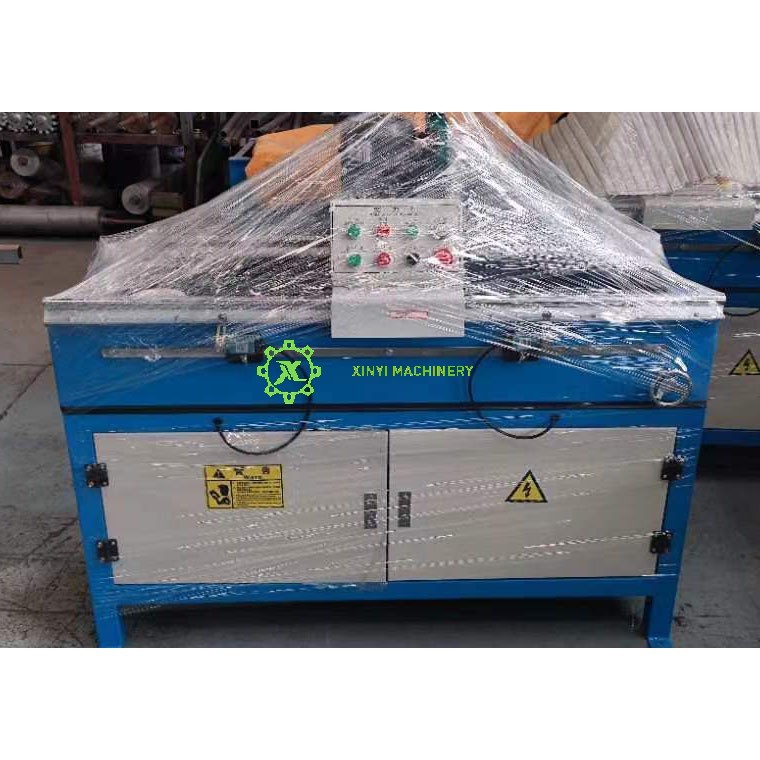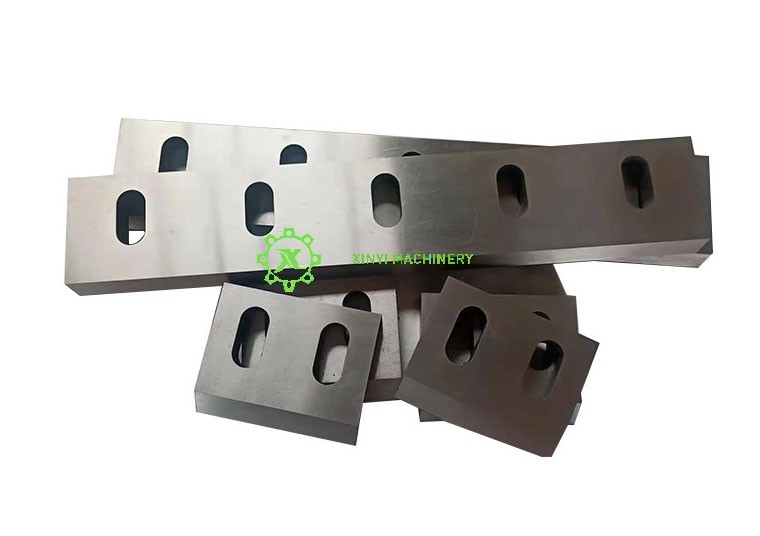Comprehensive Guide to Sharpening Plastic Crusher Blades
Introduction to Blade Sharpening
Sharpening plastic crusher blades is a critical maintenance procedure that ensures optimal machine performance and longevity. Proper blade sharpening can significantly improve crushing efficiency, reduce energy consumption, and extend blade lifespan. Based on the search results, there are several effective methods for sharpening plastic crusher blades, each with its own advantages and suitable applications.
Sharpening Methods and Tools
Primary Sharpening Techniques
Surface Grinding Machine Method:
Provides excellent sharpening results with guaranteed quality
Effectively protects the blades while achieving optimal final results
Most professional method for industrial applications
Grinding Wheel Method:
Familiar and accessible tool for many operators
Suitable for smaller operations and maintenance shops
Requires skilled hands to achieve proper edge geometry
Automatic Grinding Machine:
Simplifies the sharpening process with easy operation
Ideal for frequent sharpening needs
Reduces labor intensity while maintaining quality.
Specialized Sharpening Equipment
Equipment Type | Key Features | Suitable Applications |
Straight Blade Grinder | 0-90° adjustable worktable, BWΦ125 wheel | Small to medium operations, versatile use |
Step-by-Step Sharpening Procedure
Preparation Phase
Safety Check:
Disconnect power completely before starting
Wear appropriate PPE (safety glasses, gloves, etc.)
Secure the work area to prevent accidents
Blade Inspection:
Clean blades thoroughly to remove plastic residues
Check for cracks, chips, or excessive wear
Measure current blade thickness for reference
Sharpening Process
Machine Setup:
Adjust worktable angle (typically 0-90° depending on blade type)
Set proper grinding wheel speed (2.52-3 m/min for most machines)
Install appropriate grinding wheel (BWΦ125 recommended)
Grinding Parameters:
Angle Setting:
Soft plastics (PVC, POE, EVA): 45-65° angle
Hard plastics (ABS, PC, PP): 55-65° angle
Feed Rate:
Maintain 0.3-0.5mm per pass for optimal results
Avoid excessive feed that could damage the blade
Actual Grinding:
Start with light passes to establish the edge
Maintain consistent pressure and movement
Use coolant/lubricant to prevent overheating
For double-shaft crushers: focus on inner edge polishing along the claw curve
Post-Sharpening Procedures
Blade Testing:
Visual inspection for uniform edge and proper angle
Hardness testing (target HRC50-65 for most applications)
Check blade clearance (0.2-2mm depending on material)
Performance Verification:
Conduct test run with light material first
Monitor current draw and crushing efficiency
Check for abnormal vibrations or noises
Special Considerations for Different Blade Types
Single-Shaft Crusher Blades
Focus on maintaining flat grinding surface
Ensure all blades have consistent dimensions
Pay attention to the entire cutting edge profile
Double-Shaft Crusher Blades
Special attention to claw wear patterns
Grind along the inner edge curvature
Maintain perpendicularity to blade plane during grinding
Safety Precautions
Personal Protection:
Always wear safety glasses, gloves, and protective clothing
Use hearing protection when operating grinding equipment
Equipment Safety:
Never operate grinding equipment without proper guards
Ensure all electrical connections are secure and grounded
Keep work area clean and free of obstructions
Operational Safety:
Avoid excessive feed rates that could damage blades
Never force material during grinding
Allow machine to reach full speed before beginning operation
Professional Sharpening Services
For complex blade systems or when specialized equipment is unavailable, professional sharpening services offer several advantages:
Precision Equipment: Access to industrial-grade grinding machines with CNC controls5
Expertise: Skilled technicians with experience in various blade types
Quality Assurance: Consistent results meeting industry standards
Major manufacturers offering sharpening services include:
XINYI MACHINERY.
Maintenance Schedule Recommendations
Frequency | Task | Details |
Daily | Visual inspection | Check for visible wear or damage |
Weekly | Edge condition check | Assess sharpness and edge integrity |
Monthly | Full measurement | Verify dimensions and angles |
200-400 hrs | Professional sharpening | Complete edge restoration |
1000+ hrs | Replacement consideration | Evaluate cost-effectiveness of continued use39 |
By following these comprehensive sharpening procedures and maintenance practices, you can ensure your plastic crusher operates at peak efficiency while maximizing blade lifespan. Remember that proper sharpening not only improves performance but also reduces energy consumption and prevents unnecessary wear on other machine components.





